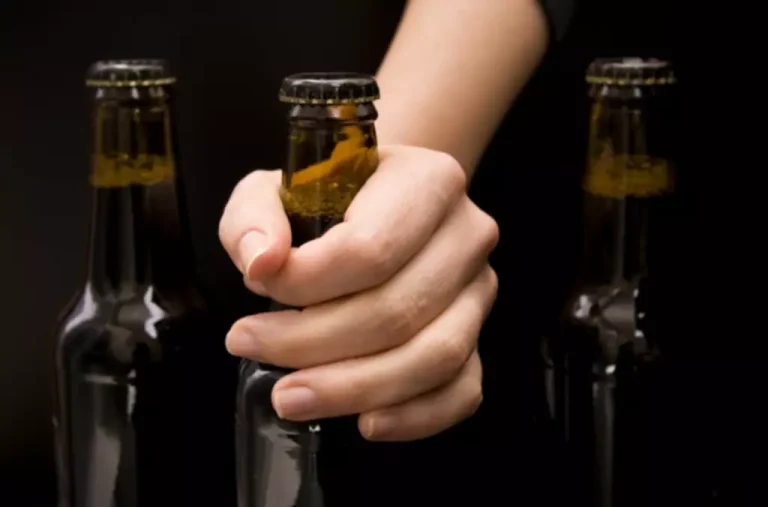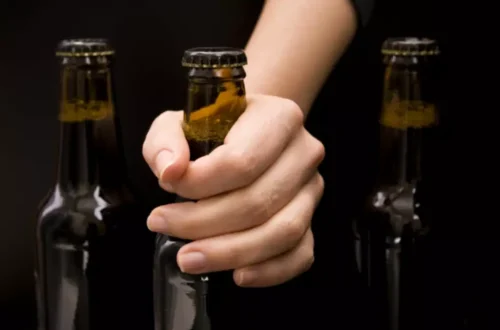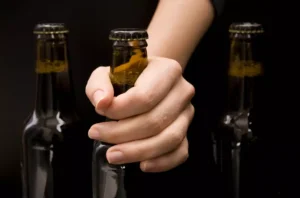
Rebuilding trust in a marriage can be complex, especially during recovery. Professional family or marriage therapists are available to help navigate and coach people in recovery on how to rebuild trust with their spouse or partner. With professional help, conversations about what it means to be in a relationship with someone in recovery can be a learning experience for both parties. Repairing relationships with a spouse is drug addiction important for the same reasons as rebuilding relationships with family members. Having an adequate support system can ease stress and pressure during recovery. The thing to remember is that rebuilding relationships in recovery is a collaborative effort.
Women’s Friendships: A Basis for Individual-Level Resources and Their Connection to Power and Optimism
Social support, accountability, and a sense of belonging can all contribute to an individual’s ability to maintain sobriety. By building connections with others who share your goals and values, you create a supportive network that can help you navigate the challenges of recovery and prevent relapse. Addiction often leads to the deterioration of relationships with friends and family. As you work through your recovery process, creating new connections that support and nurture your sobriety is essential. These connections may be with fellow recovering individuals, therapists, support groups, or even new friends who share your interests and values.

Relationship Recovery Is Critical for Addiction Recovery
Recovery from addiction is a transformative journey that extends beyond an individual’s personal well-being. It also encompasses rebuilding and nurturing relationships affected by the tumultuous nature of addiction. For example, attending a West Virginia treatment center might provide the structured support needed to maintain sobriety while fostering self-improvement. These efforts show loved ones that recovery is more than just abstaining from substances—it’s about creating a healthier, happier life.

Rebuilding Trust With Friends
It can be challenging, but self-love and forgiveness can help navigate these issues. Unveiling the key to successful transitional care for mental health and substance abuse. This involves giving full attention to the speaker, refraining from interruptions, offering feedback to demonstrate understanding, and asking open-ended questions to encourage further discussion. By actively listening, individuals can create a safe and supportive environment for exchanging thoughts, emotions, and concerns. The addiction recovery journey is never-ending, and taking care of oneself helps develop healthy habits to prevent relapse. Practicing self-compassion by forgiving oneself of harmful past behaviours helps to boost self-esteem.
Addiction’s impact on relationships is pervasive, affecting both the individual struggling with substance abuse and mental health issues and those closest to them. Addiction can severely damage trust within relationships, and rebuilding this trust is a gradual process that requires consistent, honest effort. For those in recovery, following through on commitments, being transparent about struggles, and taking responsibility for past actions are all critical steps in regaining trust. Supporting loved ones, acknowledging efforts, showing forgiveness, and celebrating progress can help to mend the bond over time. It is important to take inventory of your current relationships so you can identify those that will help or hinder your progress toward health and healing in recovery.
Often, family members or friends require their own therapy for issues related to drug or alcohol abuse. Chronic drug and alcohol abuse can damage relationships, and lead to severe emotional pain and unhealthy coping skills, such as enabling. It can significantly cause tension and stress in familial relationships when parents, children, or other family members are directly affected or harmed.
Explaining Sensitization in the Context of Addiction Relapse

Ultimately, your loved ones must be willing to reconnect and try to rebuild your relationship, which can be a vulnerable decision if they’ve been hurt in the past. There’s a chance that your loved one may not be open to it, depending on your history. But stable and loving relationships are possible with someone who’s in recovery. In addition, you can visit The National Coalition Against Domestic Violence (NCADV), a domestic violence prevention advocacy group with a list of resources for relationship abuse help. Without honest communication, both people can end up feeling misunderstood and mistreated, she adds.
- Progress in recovery not only involves personal growth but also provides opportunities to give back to those who were hurt by past behaviors.
- Today, we’ll be exploring the complexities of navigating relationships in recovery, focusing on the process of rebuilding trust and connection with loved ones.
- Supportive relationships play a crucial role in addiction recovery, offering a vital source of comfort, understanding, and motivation.
- Addiction often isolates individuals from their loved ones, leaving a void where connection used to exist.
Exploring spirituality helps people find what resonates with them in their recovery journey. Furthermore, it involves learning to set boundaries and recognize individual strengths. Implementing relationships in recovery these strategies helps to foster a stronger connection with oneself.


The theory further states that relationships that enhance women’s sense of self exhibit mutuality and empathy. Covington (2007) described these as relationships in which women can share their feelings and thoughts and meet one another at a cognitive and affective level. The self-in-relation theory suggests that women that can establish mutual and empathetic relationships can achieve a higher sense of worth and empowerment (Kaplan, 1986).
Articles Related to Drug and Alcohol Treatment and Recovery
By implementing these strategies, the chances of achieving and maintaining stable recovery can be increased. It gives people emotional, informational, and practical help, which boosts success chances. To include social support in treatment, group therapy sessions can be used. They give people a chance to talk about their experiences, and learn from others. Plus, it helps create a sense of community that keeps people motivated and stops them from relapsing.
Comentarios recientes